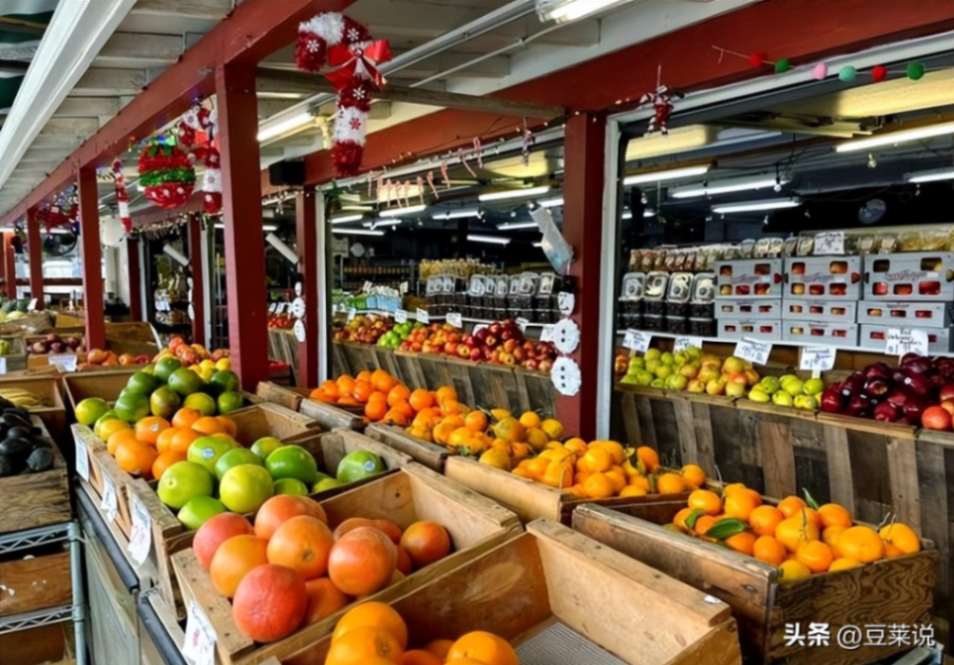Luxury Fruit Scam: The Truth Behind "Black Pears" and Other High-Priced Fruits
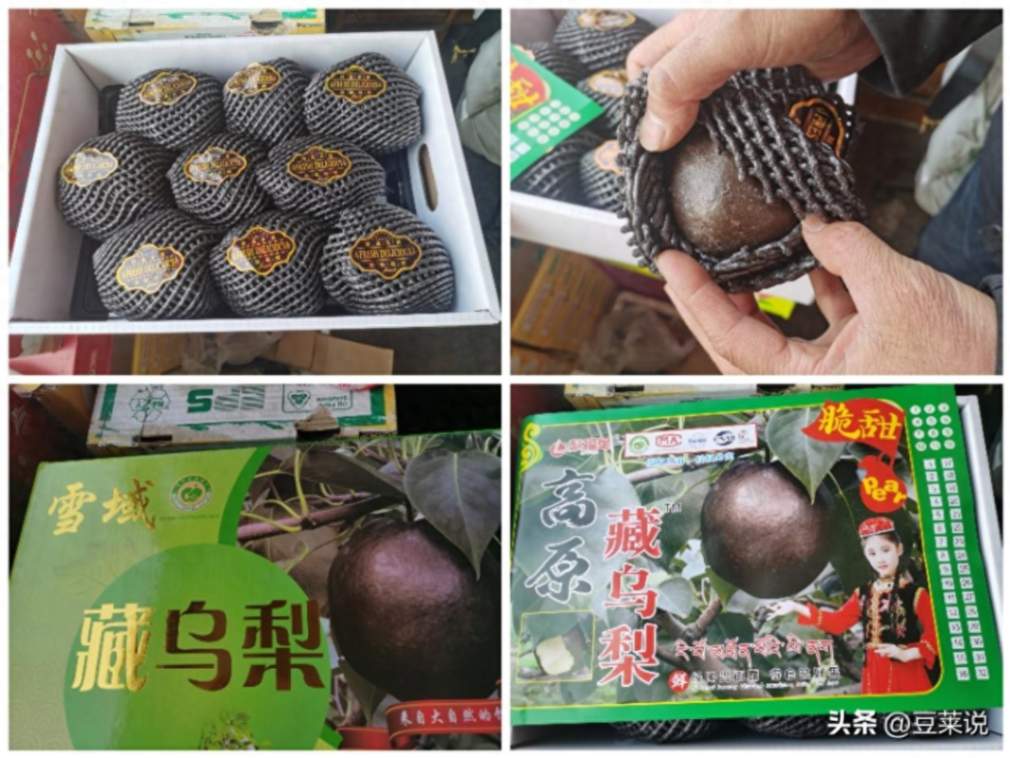
The Curious Case of the "Black Pears" 🍐🖤
Have you ever wondered why some fruits suddenly cost as much as a fancy dinner? Take the "Tibetan Black Pear," for example. It’s advertised as a rare, exotic delicacy that commands a hefty price — 195 Yuan for nine pears! Sounds luxurious, right? Well, here’s where things get bafflingly strange.
Experts confirm no such black pear variety exists naturally in the Tibetan highlands. Instead, what you’re paying a premium for is an ordinary pear, tricked out with hot water treatments that darken its skin. It’s like giving your fruit a leather jacket to look cooler! 🧥🍐
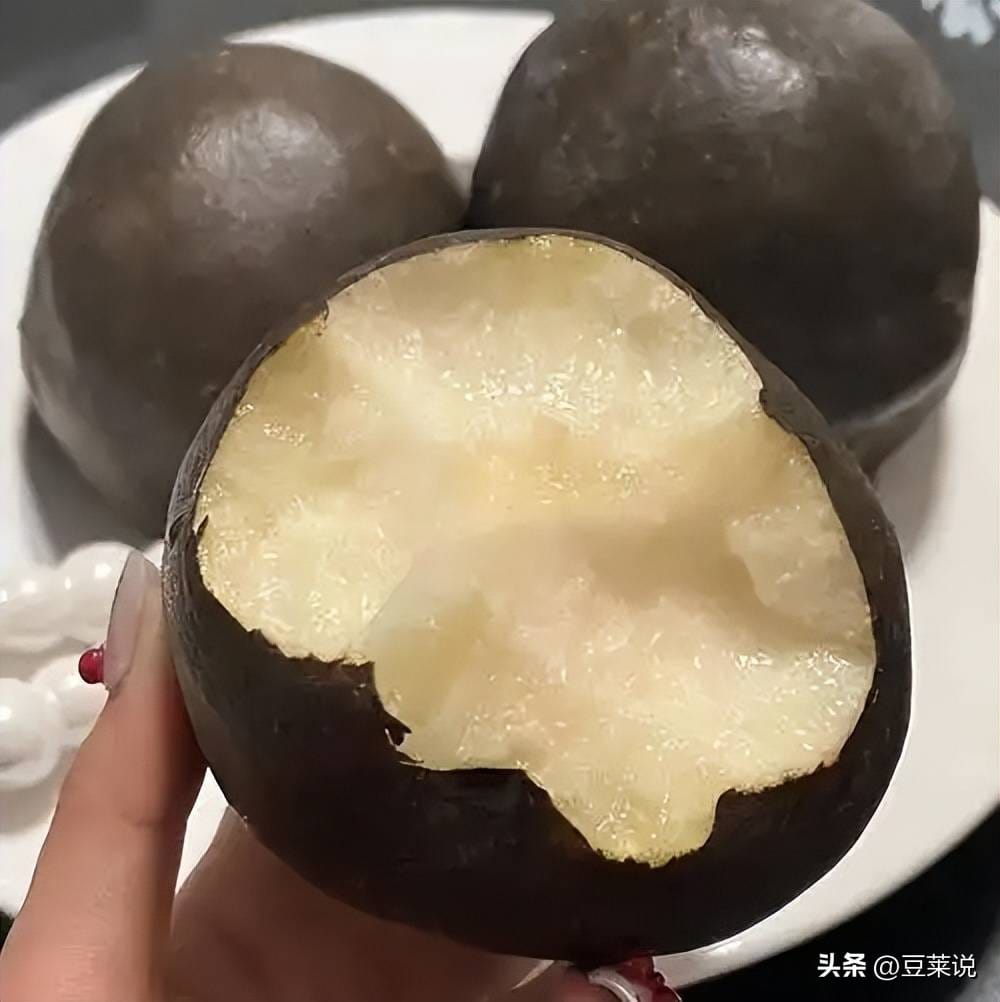
Chemical Wizardry Behind the Curtain 🧪✨
The deception doesn’t stop at color tricks. These fruits often undergo chemical treatments — ripening agents like ethephon to make them look perfectly ripe, preservatives such as sodium benzoate and potassium sorbate to extend shelf life, and even artificial colorants including the notorious Sudan red. All these add-ons spice the price but also stir a pot of health concerns.
Studies suggest these chemicals may pose serious risks: neurological damage, kidney and liver strain, and potentially even cancer. So that seemingly decadent snack might come with hidden dangers lurking just beneath the shiny surface. How do you feel about paying extra for a food gamble? 🎲😰
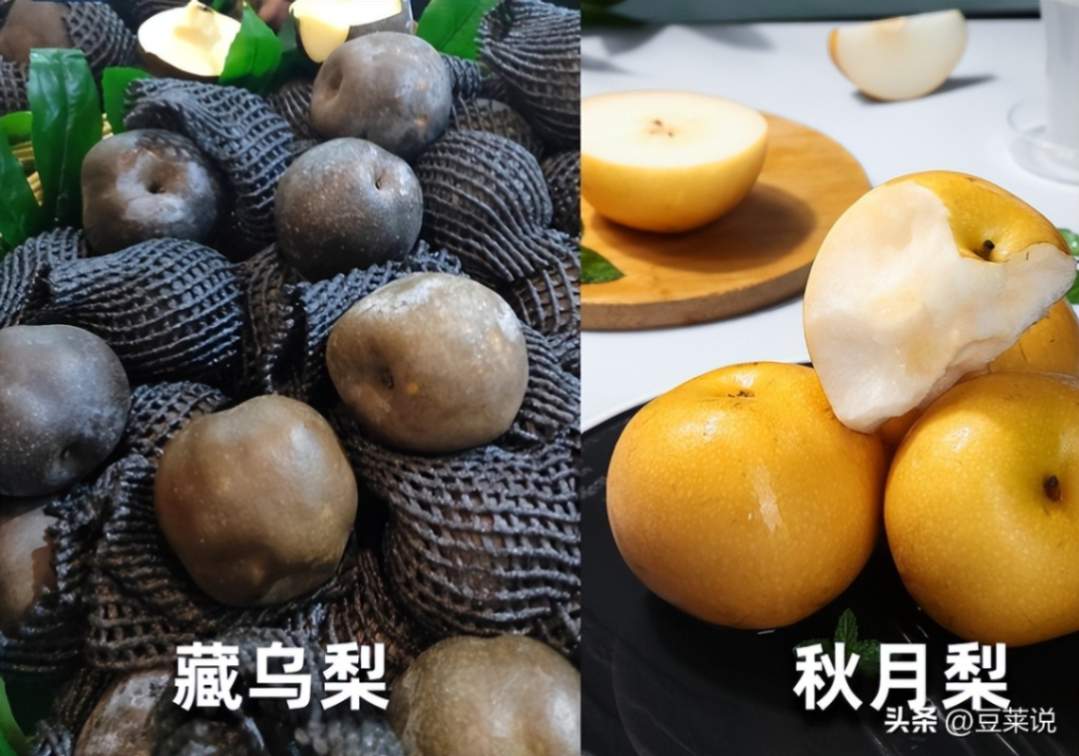
Why Are We Falling for This "Smart Tax"? 🤯💸
It’s easy to get swept away by clever marketing and eye-catching appearances. These luxury fruits tap into our desire for exclusivity and quality. But in reality, it’s a "smart tax" — consumers unknowingly pay more for something chemically enhanced and falsely advertised.
The fruit industry’s lack of transparency means many buyers don't realize they’re eating altered products instead of the pure, wholesome fruits they imagine. Calls for stricter regulation and full disclosure are louder than ever to protect consumers and restore trust.
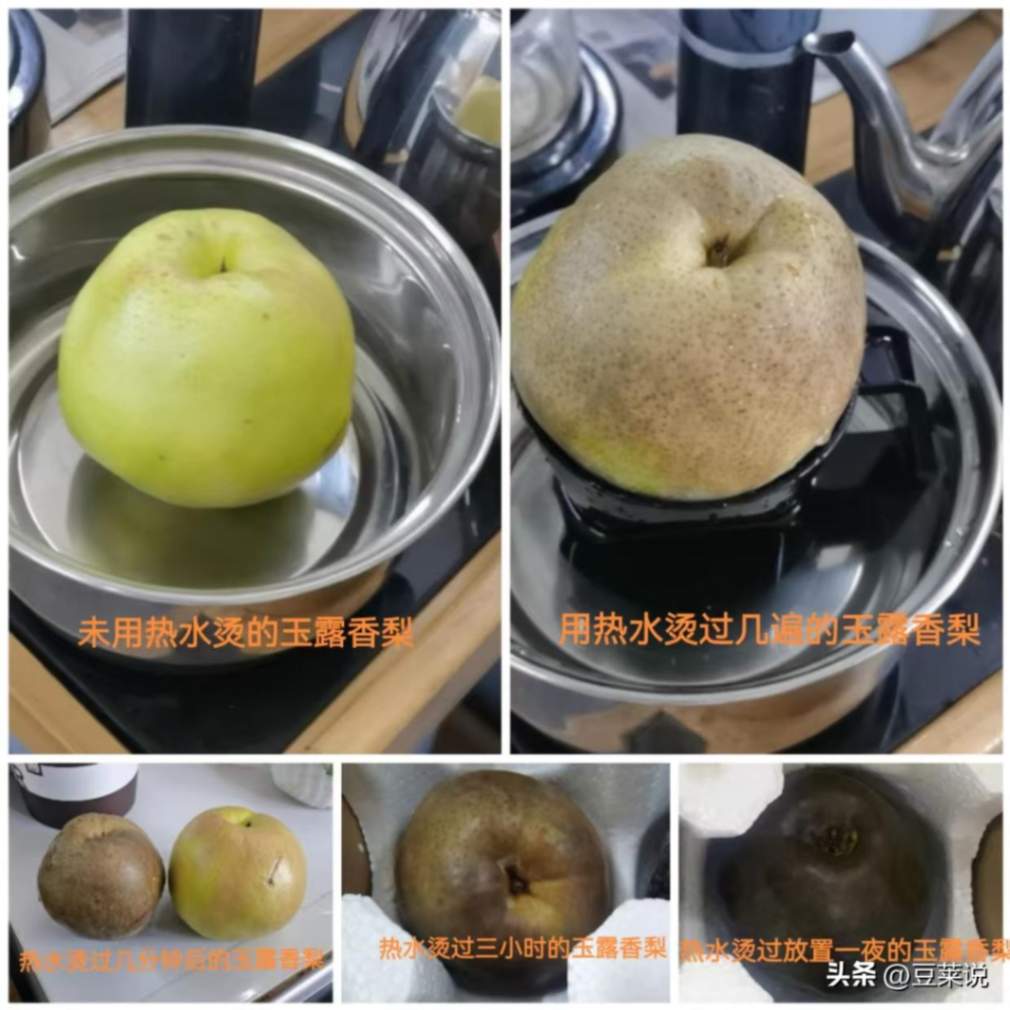
What Can You Do? 🍎🍏 Stay Woke!
Next time you see a luxury fruit that seems too good (or too strange) to be true, ask questions. Look for trusted sources, shop local when possible, and be wary of fruits that are suspiciously colorful or expensive.
In the end, honesty is the juiciest fruit of all. Let's demand real quality, not chemical illusions. 🍉🍇
